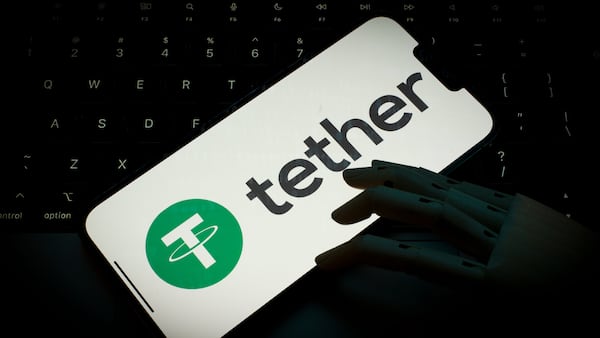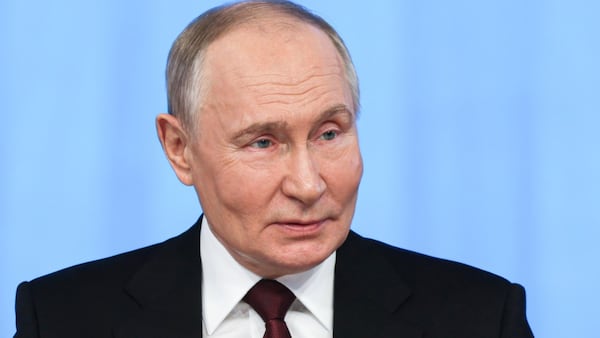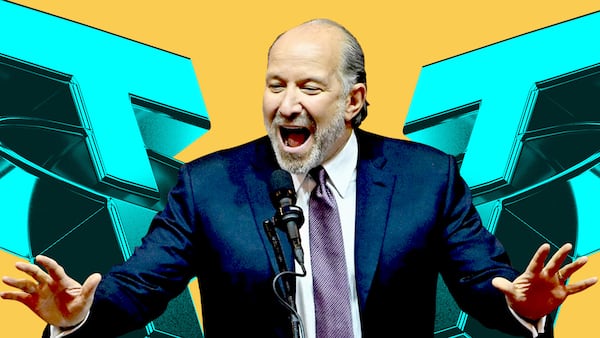- President Nayib Bukele has positioned Central American nation as a Bitcoin haven.
- Tether has emerged as a powerhouse in stablecoins.
Tether, the issuer of the world’s top stablecoin, is moving its headquarters to El Salvador, the Central American country led by a controversial Bitcoin-boosting president.
Tether said it made the decision after it acquired El Salvador’s Digital Asset Service Provider licence.
The company and its subsidiaries are “about to complete all formalities” necessary to finalise the move, Tether said in a news release on Monday.
“With its forward-thinking policies, favorable regulatory environment, and a growing Bitcoin-savvy community, the country has become an ideal destination for companies leading the digital finance revolution,” Tether said.
The development is a big win for President Nayib Bukele, who captured the imagination of crypto users in 2021 when he embraced Bitcoin as a viable alternative to the US dollar in El Salvador.
At Bukele’s bidding, the Salvadoran legislature passed a law making Bitcoin legal tender and spurring other leaders in the developing world to consider doing likewise.
Bitcoin bank
Since then, Bukele has proposed creating a “Bitcoin bank” and issuing Bitcoin-backed bonds to create a “Bitcoin city.” The government has created a Bitcoin wallet and a Freedom Visa that grants residency status to anyone willing to pay $1 million in Bitcoin or Tether.
El Salvador has been purchasing Bitcoin since October 2021, and is now estimated to be the sixth largest holder of the cryptocurrency among world governments.
This has made Bukele a hero among Bitcoin proponents. But he has been relentlessly criticised by human rights activists for democratic backsliding.
Tether, meanwhile, enters 2025 on a hot streak, with influential allies in the US government and a stranglehold over the lucrative stablecoin market.
Following his November 5 victory in the US presidential election, Donald Trump nominated Howard Lutnick, a billionaire Wall Street financier, as the Secretary of Commerce.
Lutnick is the CEO of Cantor Fitzgerald, a New York financial services firm that manages billions of dollars worth of US Treasury bonds that back USDT.
Cantor, which plays a crucial role in sovereign debt trading worldwide, also owns 5% of Tether, according to The Wall Street Journal.
Tether is immensely profitable. In the first half of 2024, it reported it raked in $5 billion from what it called profits stemming from its reserves.
Regulatory scrutiny
But the company continues to face regulatory scrutiny.
In June, the US Treasury Department reported that Mexico-based criminal organisations are increasingly turning to cryptocurrencies like USDT to purchase precursor chemicals for the lethal opioid fentanyl.
Treasury Department officials have weighed sanctions against Tether for these links, according to The Washington Post. Paolo Ardoino, Tether’s CEO, previously told DL News there is no indication of an investigation by the Treasury.
Tether’s primary competitor, Circle, said in September it was moving its headquarters to New York City.
Aleks Gilbert is a DeFi correspondent based in New York. He can be reached at aleks@dlnews.com.






